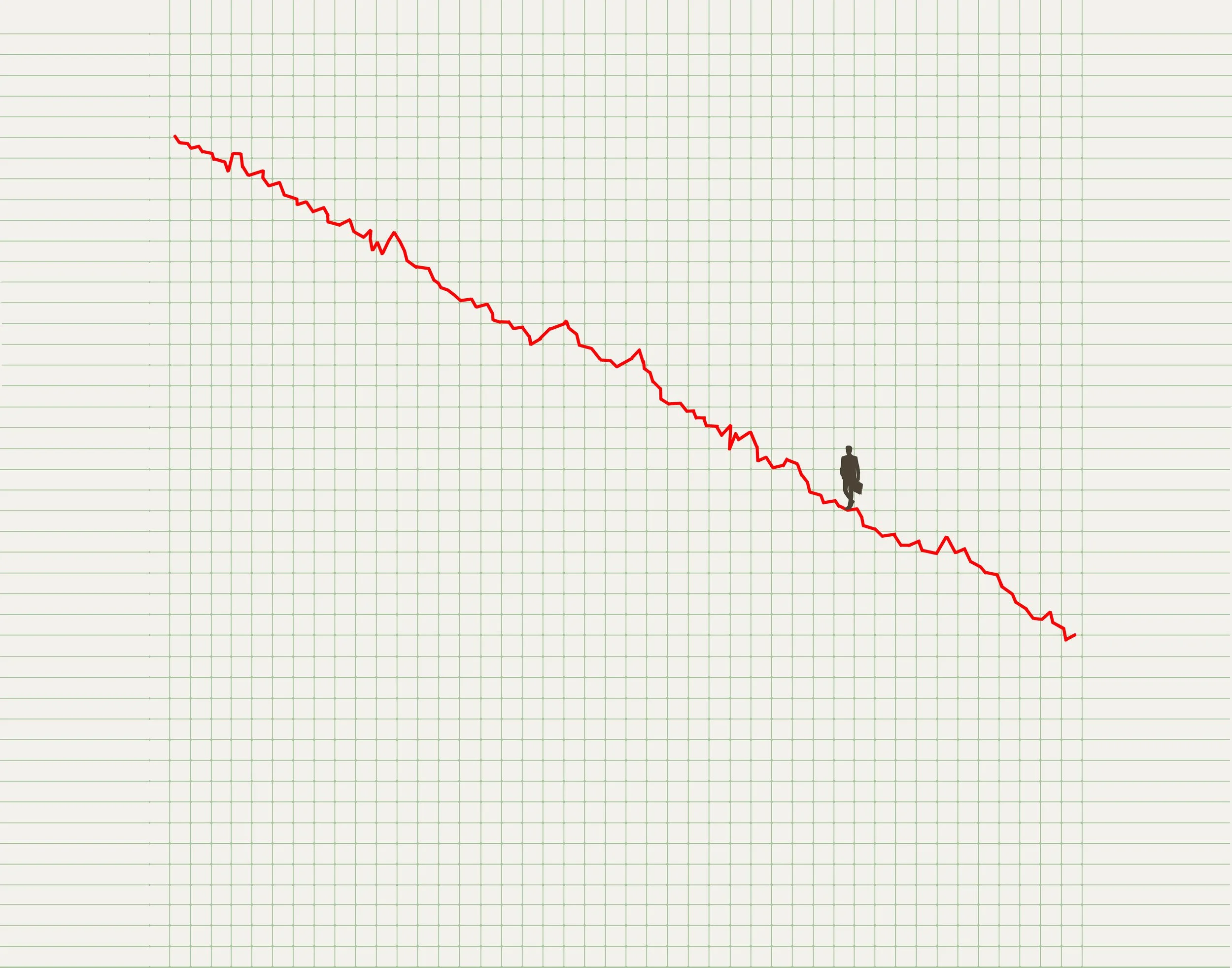The many superpowers of a Health Savings Account
When it comes to employer benefits, health insurance is often one of the most impactful. As medical costs continue to rise, it’s essential to look at all the options available to you and your family. A typical health insurance benefit option if you are enrolled in a high-deductible health plan is a Health Savings Account (HSA). While often associated with immediate medical needs, HSAs also hold tremendous potential for longer-term financial planning. Let’s explore the advantages of implementing an HSA into your financial plan.
1. Triple Tax Advantage:
The cornerstone of an HSA's appeal lies in its triple-tax advantage. Contributions to an HSA are tax-deductible, meaning they reduce your taxable income for the year in which you contribute. This upfront tax savings provides an immediate financial benefit, allowing you to keep more of your hard-earned money in your pocket. You can contribute up to $4,150 for individuals and $8,300 for families in 2024.
Furthermore, funds in an HSA grow tax-free, much like a traditional Individual Retirement Account (IRA) or 401(k). This tax-deferred growth allows your investments to compound over time, turbocharging your savings potential.
Lastly, the most significant tax advantage of HSAs is the ability to withdraw funds tax-free for qualified medical expenses. This means that you never pay taxes at any point on these dollars. The HSA account is the only triple-tax advantaged account out there.
2. Flexibility and Control:
A common misconception is that HSA funds can only be used for qualified medical expenses. This makes some people shy away from adding funds or maxing the account out each year. However, there are some exceptions to these rules that make the HSA a powerful account:
Age 65: once you reach age 65, you can withdraw funds for any purpose without penalty, although withdrawals for non-medical expenses are subject to income tax. This unique feature effectively transforms your HSA into a supplemental retirement account, offering a valuable source of tax-free income in our golden years.
Long-Term Care: You can use HSA funds to pay qualified LTC insurance premiums.
Medicare: If you are 65 or older, you can use HSA funds to pay for Medicare premiums (excluding Medigap policies).
Health care continuation coverage (COBRA): If you are out of work and are eligible for COBRA, you can use HSA funds to pay the premiums.
Unlike many retirement accounts, which impose strict withdrawal requirements and penalties for early access, HSAs offer unparalleled flexibility and control over your funds. Unlike Flexible Savings Accounts (FSAs), balances in an HSA roll over from year to year, allowing you to accumulate savings over time for future medical expenses or retirement.
Also, HSAs are portable, meaning you can take them with you if you change jobs or retire. This portability ensures continuity and control over your healthcare finances, regardless of your employment status.
By leveraging the flexibility of HSAs, you can tailor your contributions and withdrawals to meet your evolving financial needs. Whether you're saving for medical expenses in retirement, planning for unexpected healthcare costs, or simply looking to maximize your tax savings, an HSA offers the versatility to adapt to your unique circumstances.
3. Investment Opportunities
Many people use their HSA to cover current medical expenses, however, to take full advantage of the triple tax savings you must recognize the long-term growth potential of these accounts. Most HSA providers offer the ability to invest inside of your HSA account using Mutual funds or Exchange Traded Funds (ETFs).
With that being said, it's important to find a balance between funding current healthcare needs and investing for the future. A great way to do this is to maintain an adequate cash reserve in your HSA or outside savings account to cover unexpected medical expenses. That way you can allocate a portion or all your HSA funds to diversified investments which can enhance your long-term financial security. This is where our team can support you in understanding how your medical needs impact your greater financial picture.
Takeaways:
Check with your current medical insurance and see if it makes sense to enroll in a High Deductible Health Plan. You may have to wait until open enrollment.
Ensure you can utilize an HSA account.
See if the HSA provider allows the ability to invest.
Create a savings strategy to maximize the HSA triple tax advantage.
If you are uncertain, check in with your Advisor or Health Insurance Provider before proceeding.
Health Savings Accounts offer a great opportunity in the world of long-term financial planning. With their triple-tax advantage, flexibility, and investment opportunities, HSAs offer a compelling solution for individuals seeking to secure their financial future while navigating the complexities of healthcare financing.






